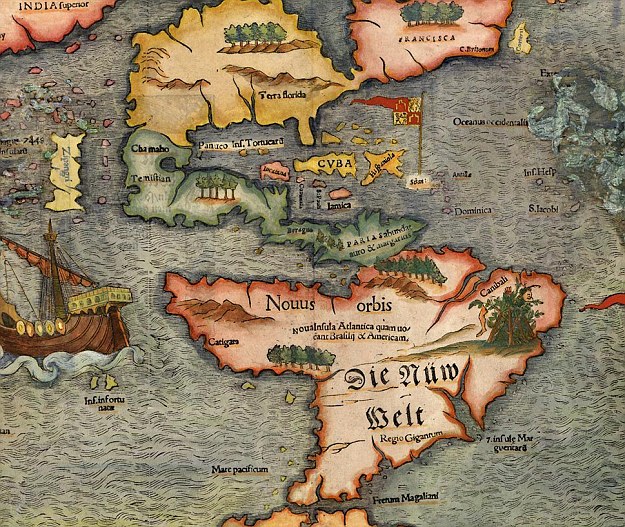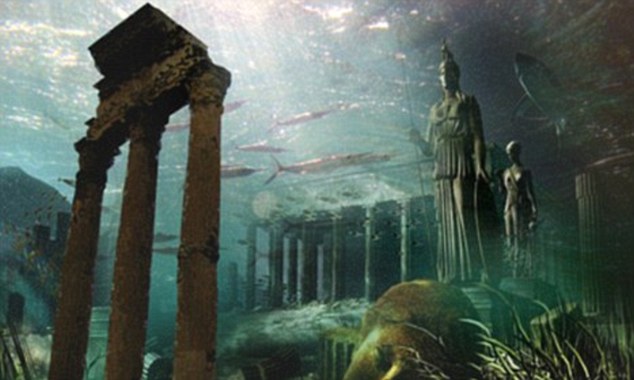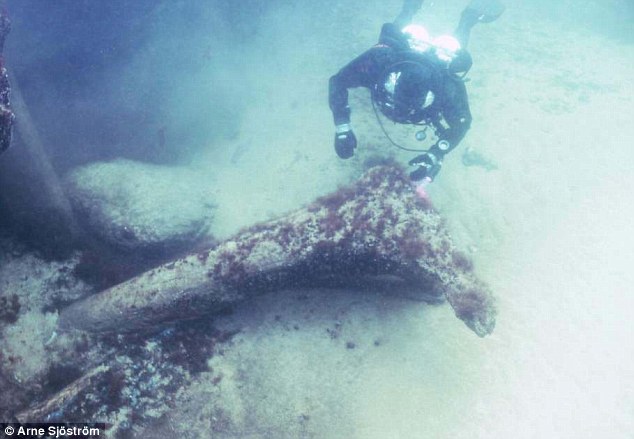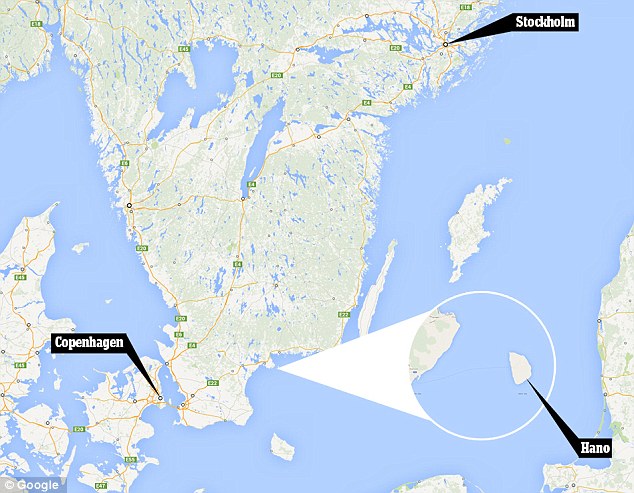Divers in Sweden have discovered a rare collection of Stone Age artefacts buried deep beneath the Baltic Sea.
Archaeologists believe the relics were left by Swedish nomads 11,000 years ago and the discovery may be evidence of one of the oldest settlements ever found in the Nordic region.
Some of the relics are so well preserved, reports have dubbed the find 'Sweden’s Atlantis' and suggested the settlement may have been swallowed whole by the sea in the same way as the mythical island in the Atlantic Ocean.
Aurochs are ancestors of modern-day cattle and lived through Europe before becoming extinct in the early 1600s. The last reported auroch died in Poland in 1627.
This find is significant because it suggests a date for when these items would have been used.
Many of the artefacts have been preserved because the diving location is rich in a sediment called gyttja.
Black, gel-like Gyttja is formed when peat begins to decay. As the peat is buried, the amount of oxygen drops and it is thought this lack of oxygen prevented the organic artefacts from being lost.
Nilsson told The Local: ‘Around 11,000 years ago there was a build-up in the area - a lagoon of sorts - and all the tree and bone pieces are preserved in it.
'If the settlement was on dry land we would only have the stone-based things, nothing organic.’
The dive was part of a three-year excavation partially funded by the Swedish National Heritage Board.
Archaeologists are continuing the dig, and are now particularly interested to see whether there is also an ancient burial site in the region.
Read more HERE Via Daily Mail




